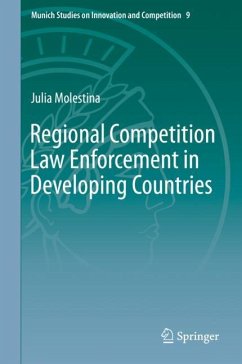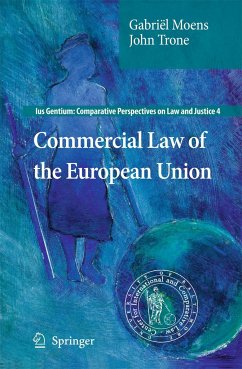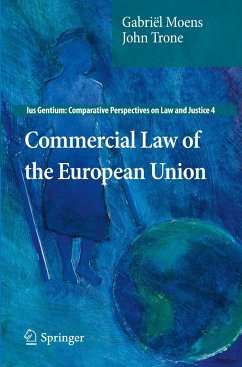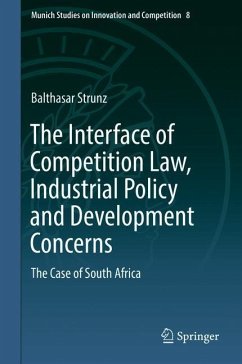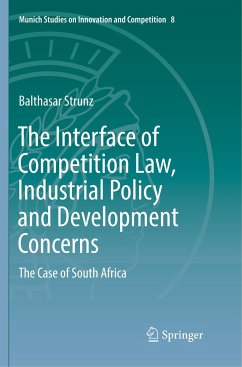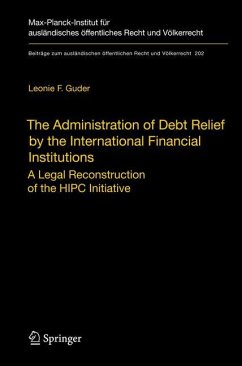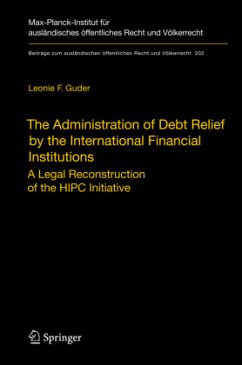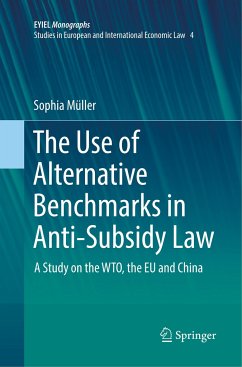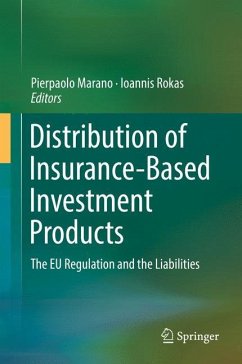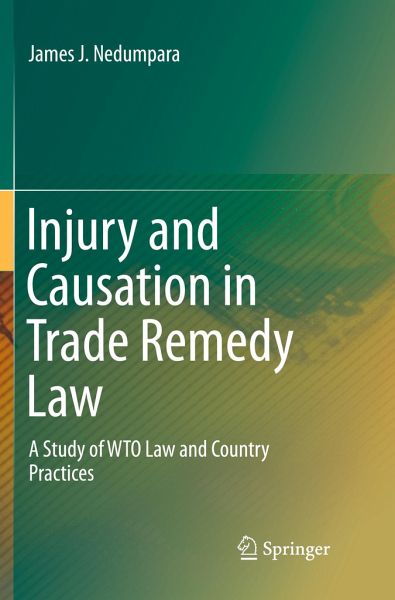
Injury and Causation in Trade Remedy Law
A Study of WTO Law and Country Practices
Versandkostenfrei!
Versandfertig in 6-10 Tagen
121,99 €
inkl. MwSt.
Weitere Ausgaben:

PAYBACK Punkte
61 °P sammeln!
This book addresses injury and causation issues in the context of antidumping, countervailing duty (CVD) and safeguard investigations that are covered under the WTO. The book traces the origin and the negotiating history of injury and causation in trade remedy instruments and examines how this requirement evolved in the United States and more specifically in the GATT as part of the Kennedy Code, the Tokyo Codes and later the Uruguay Round negotiating texts. The book demonstrates that terms such as "principal cause," "substantial cause" and "a cause in and of itself" are not necessarily warrant...
This book addresses injury and causation issues in the context of antidumping, countervailing duty (CVD) and safeguard investigations that are covered under the WTO. The book traces the origin and the negotiating history of injury and causation in trade remedy instruments and examines how this requirement evolved in the United States and more specifically in the GATT as part of the Kennedy Code, the Tokyo Codes and later the Uruguay Round negotiating texts. The book demonstrates that terms such as "principal cause," "substantial cause" and "a cause in and of itself" are not necessarily warranted in such instruments. In the light of the experiences of key users of trade remedy instruments and the WTO Doha Round Rules negotiations, the book argues that causation determination does not require mathematical precision. Econometric or quantitative tools may be suggested, but such tools need not undermine the policy-laden nature of trade remedy instruments. Accordingly, the book suggests the use of weak-necessity and strong sufficiency test as a potentially viable causative framework with regard to injury and causation in trade remedies.



